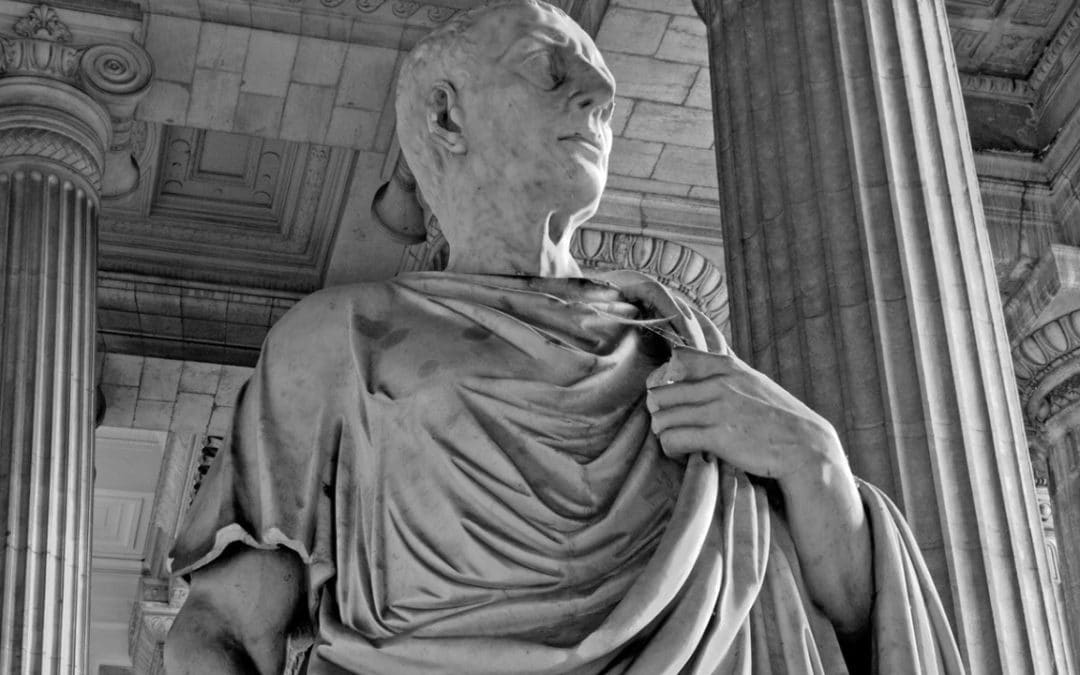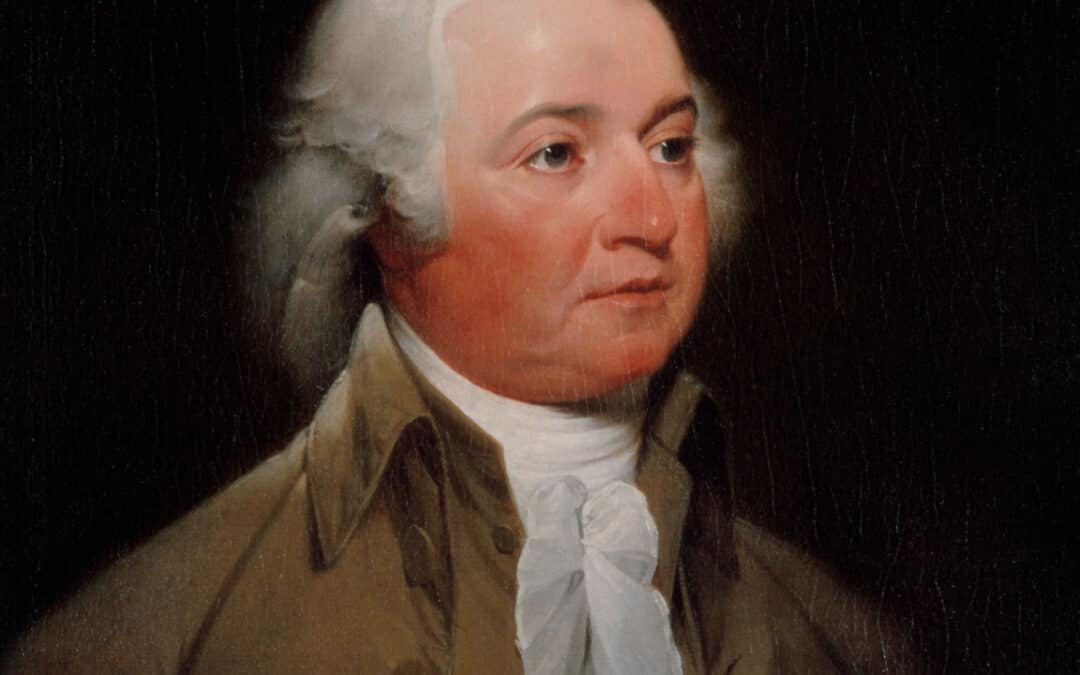

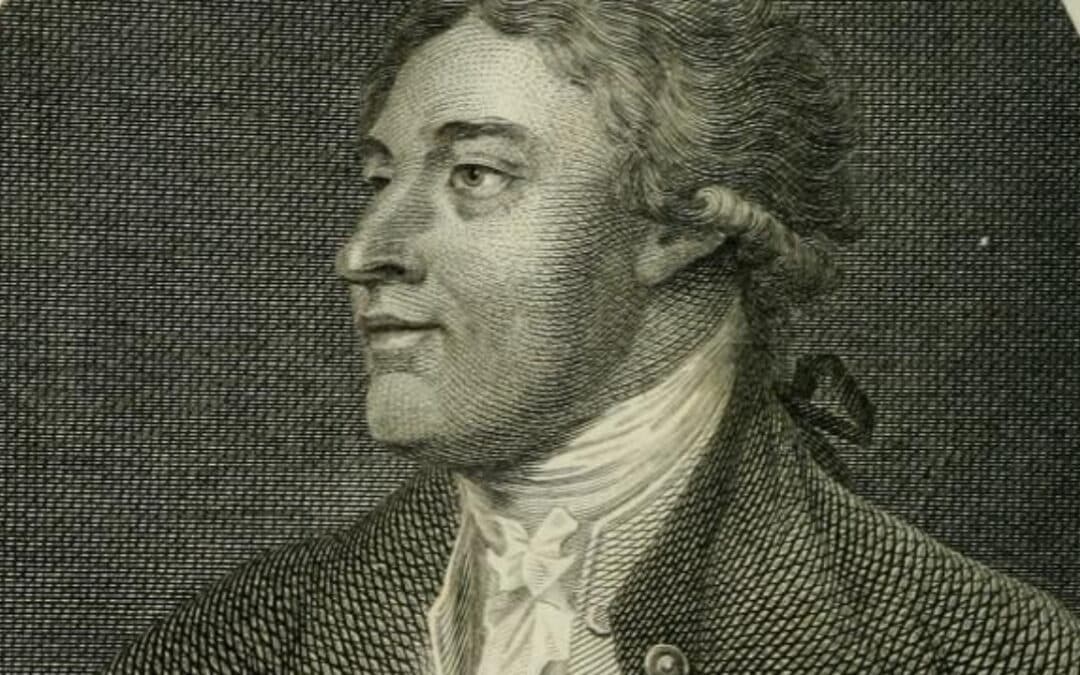
The ideas that formed the Constitution: Jean-Louis DeLolme and “We the People…”
Writers on the Constitution seldom mention the name of Jean-Louis DeLolme. This is unfortunate, because DeLolme’s book on the English political system significantly influenced those who participated in the constitutional debates of 1787–1790. The Constitution’s...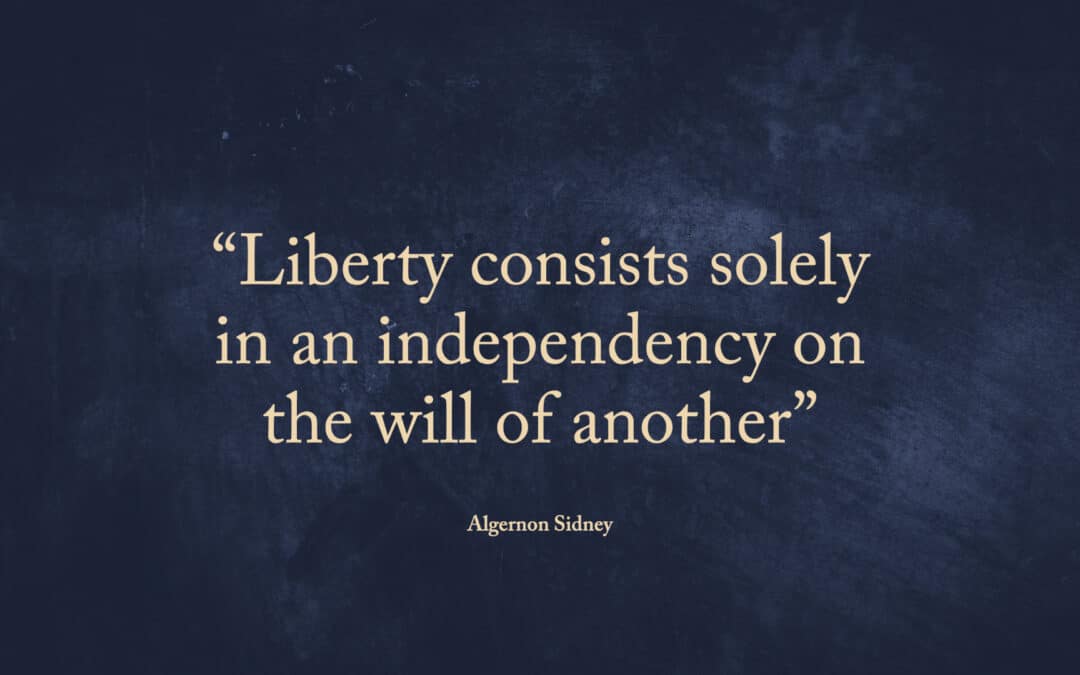
The ideas that formed the Constitution: James Harrington and Algernon Sidney
In the 17th century, England, which always had been a monarchy, flirted with republicanism. From 1649 to 1660, England actually was a republic, at least in theory: King Charles I had been executed, and the country became a “Protectorate” under Oliver Cromwell. Not...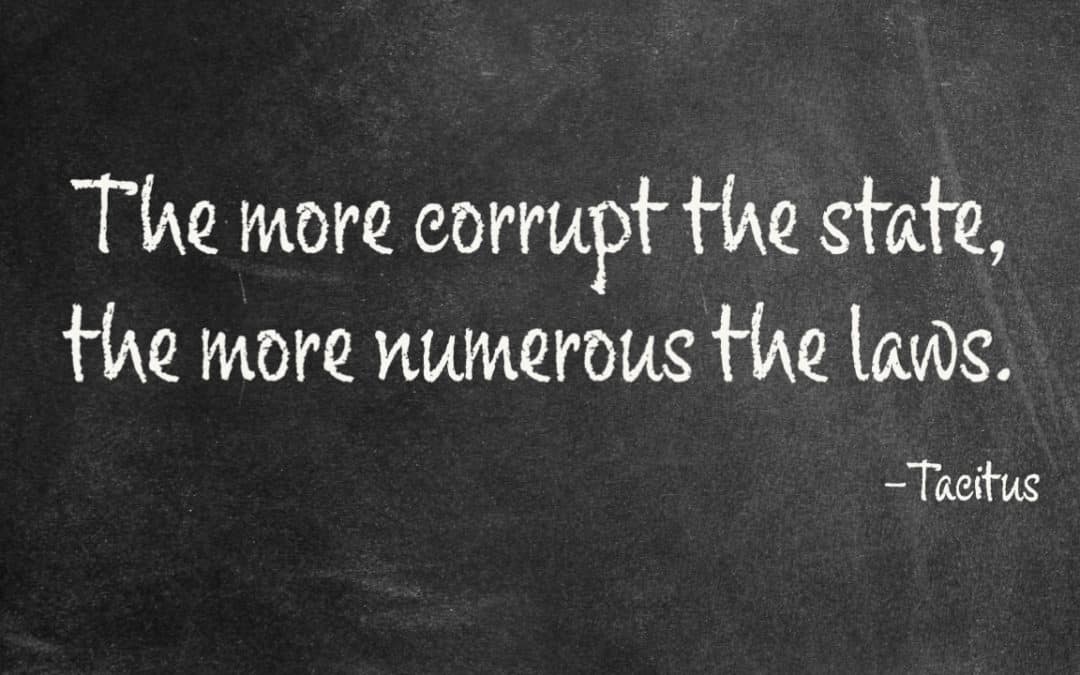
The ideas that formed the Constitution: Tacitus
The authors discussed in this series impacted the Constitution both directly and indirectly. Citations to the authors by participants in the constitutional debates of 1787–1790 are evidence of direct influence. Indirect influence occurred in at least two ways. First,...